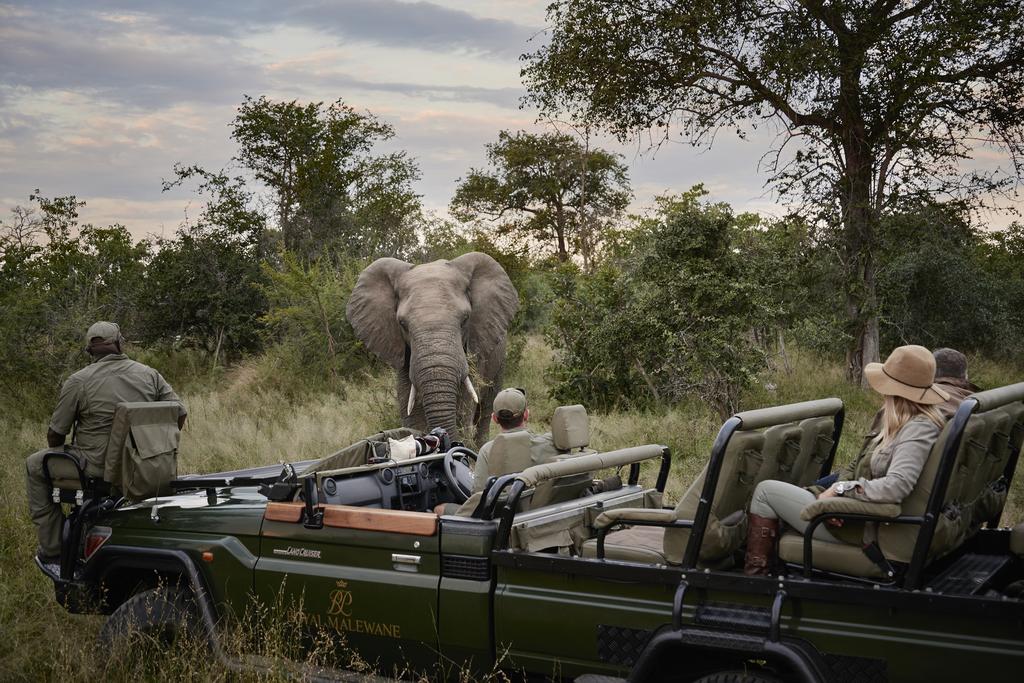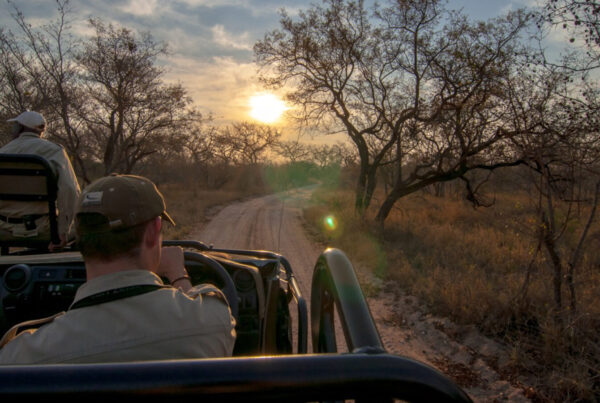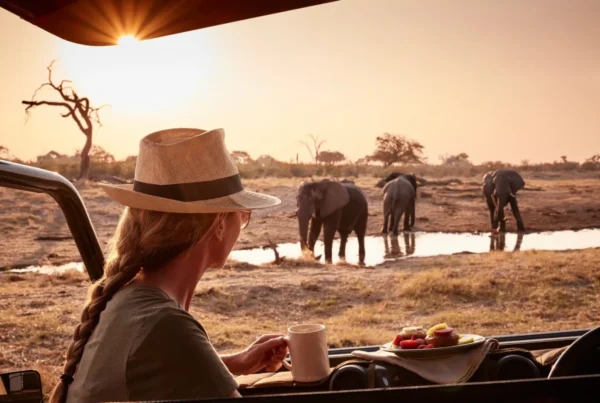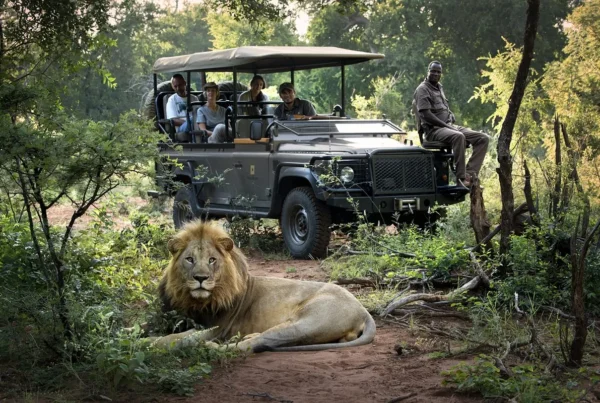What’s New for African Travel in 2026
The world of African travel is evolving rapidly, and 2026 promises to mark a transformative moment in how the continent is experienced by global explorers. Africa has always been synonymous with breathtaking safaris, legendary landscapes, and vibrant cultural expressions, but in the coming years, the way travelers interact with these elements is changing in profound ways. Driven by sustainability, innovation, community empowerment, and a renewed global interest in authentic experiences, the African travel scene is undergoing a renaissance.
Travelers no longer seek only the “big sights” but also demand meaningful encounters, refined comfort, and responsible tourism practices. In 2026, Africa is answering this call with new lodges, expanded conservation efforts, upgraded infrastructure, and the emergence of destinations that were once overlooked. The continent is set to reintroduce itself not just as a place of safari, but as a stage for luxury, adventure, heritage, and holistic wellbeing.
The Rise of Sustainable Luxury
One of the most striking developments shaping African travel in 2026 is the deeper integration of sustainability into the luxury travel experience. Safari lodges, once designed purely for exclusivity, are now increasingly judged by their environmental footprint and commitment to local communities. The new definition of luxury in Africa is no longer about opulence alone but about exclusivity fused with purpose.
In countries like Kenya, Tanzania, and South Africa, lodges are being redesigned with eco-architecture that uses solar energy, rainwater harvesting, and locally sourced materials. Suites are becoming more open-air, blending with the environment instead of dominating it. Yet the level of comfort remains uncompromised—private plunge pools, wine cellars, and wellness spas are still central features. What has changed is the philosophy: every stay contributes to conservation and community initiatives, turning indulgence into impact.
By 2026, discerning travelers will notice this shift across nearly all premium lodges. Guests are no longer passive visitors; they are active participants in preserving Africa’s wilderness. Whether through carbon-offset safari programs, community-led cultural exchanges, or conservation education sessions, the connection between luxury and responsibility is deeper than ever.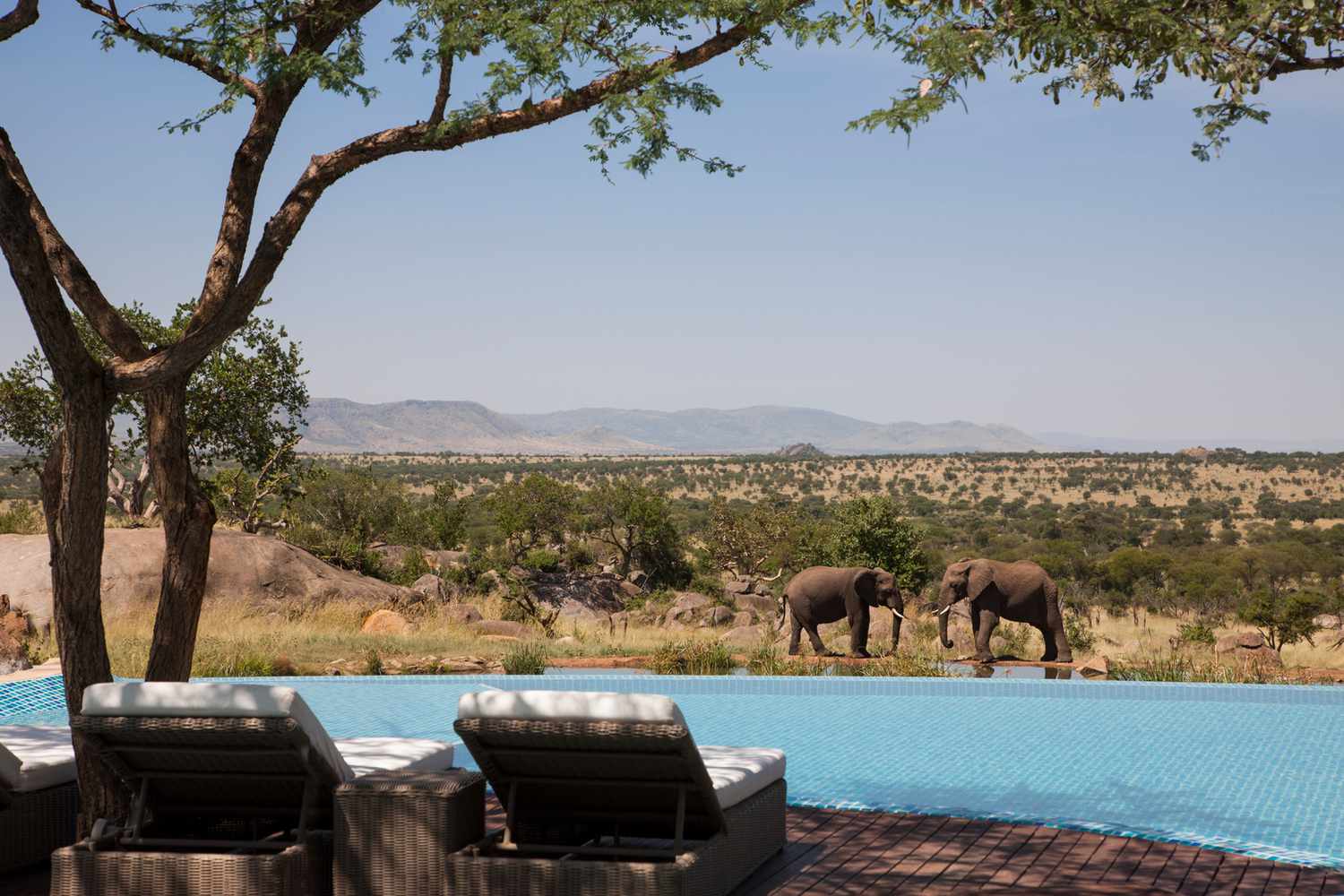
Technological Innovation in Safaris
Technology is subtly reshaping the African safari experience. By 2026, lodges and operators are integrating new tools to enhance safety, tracking, and guest interaction. Drones and AI-driven monitoring systems are being used to assist rangers in tracking animals and preventing poaching, ensuring that conservation remains robust while minimizing intrusive human impact.
For travelers, this means more efficient game drives and more reliable opportunities to see elusive species. Virtual reality storytelling is also becoming a highlight, with some lodges offering VR experiences that allow guests to relive Dian Fossey’s gorilla research, ancient migrations, or behind-the-scenes conservation work. While nothing replaces the raw thrill of a lion sighting in the wild, these technologies enrich the storytelling and deepen the educational aspect of safari.
Mobile connectivity has also been carefully adapted, with lodges now offering selective Wi-Fi access zones. This balances the demand for digital convenience with the ethos of digital detox. Travelers can post their memories, but they are encouraged to unplug when exploring the bush, keeping the authenticity of the safari alive.
Emerging Destinations Beyond the Classics
While East Africa’s Serengeti, Ngorongoro, and Maasai Mara, alongside Southern Africa’s Kruger and Okavango Delta, remain legendary, 2026 is also shining a spotlight on lesser-known destinations that are ready to welcome global travelers.
Mozambique, with its pristine coastline and marine reserves, is stepping into the limelight. Its lodges along the Quirimbas Archipelago and Bazaruto are gaining recognition for combining safari and sea in a seamless journey. In 2026, more charter connections and boutique resorts are expected, opening Mozambique as a complement to a traditional land safari.
Rwanda, already famous for its gorilla trekking, is diversifying its offerings with new wellness retreats near Lake Kivu and conservation-driven experiences in Akagera National Park. This allows travelers to combine the drama of gorilla tracking with the relaxation of lakefront retreats and savannah game drives, all within one country.
Further south, Zambia and Zimbabwe are continuing their rise as safari gems. The walking safaris of South Luangwa and the wilderness of Mana Pools are being increasingly recognized as some of the purest safari experiences available. The lodges here are not focused on grandeur but on intimacy with the bush, creating opportunities for authentic, untamed encounters.
Conservation as the Core of Experience
African travel in 2026 cannot be understood without acknowledging conservation’s central role. Safari tourism and conservation are no longer parallel efforts; they are inseparably bound. Travelers are increasingly drawn to lodges and operators who can prove that their stays contribute directly to wildlife protection and habitat preservation.
In South Africa, the rewilding of landscapes once lost to farming is expanding, with reserves like Shamwari and Phinda leading restoration efforts. In Kenya and Tanzania, community conservancies are growing in influence, giving local communities ownership and agency over tourism revenues. This not only ensures protection of the land but also creates a sense of dignity and partnership for those who live alongside wildlife.
By 2026, guests will find themselves not only observing conservation but participating in it. Morning game drives may be followed by sessions where travelers help plant trees, tag animals with researchers, or engage in local education projects. This active involvement elevates the safari beyond sightseeing into a journey of contribution.
Wellness and Mindful Travel
Another growing trend in African travel is the integration of wellness with wilderness. By 2026, the best lodges will not only offer game drives but also yoga sessions at sunrise, forest bathing experiences, and spas that use indigenous botanicals. The African wilderness has always had a healing power, but now it is being intentionally woven into holistic programs that rejuvenate both body and mind.
Wellness lodges in Namibia and Botswana are creating desert meditation retreats where silence is the central luxury. In Rwanda and Uganda, wellness experiences are being fused with gorilla trekking, where recovery programs, massages, and mindfulness sessions complement the physically demanding hikes. In South Africa, spas overlooking waterholes provide treatments synchronized with the sounds of elephants and birds.
Travelers in 2026 will see wellness as inseparable from safari. The thrill of tracking lions will be balanced by the calm of evening meditation, offering a complete journey of adventure and reflection.
Cultural Immersion Reimagined
African travel has often been celebrated for wildlife, but in 2026, cultural immersion will rise as a pillar of the experience. Travelers no longer want to watch cultures from a distance; they seek to engage meaningfully with the traditions, stories, and daily lives of the communities that shape Africa’s identity.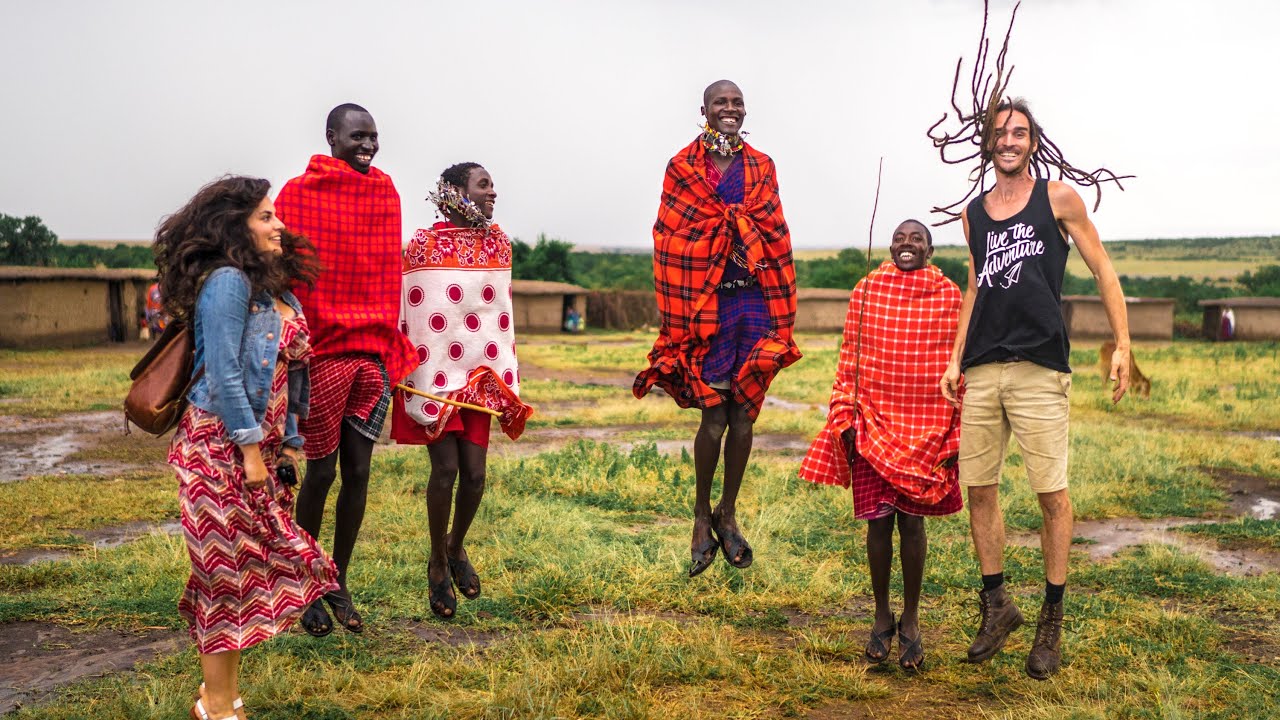
Cultural villages are being reimagined to move beyond staged performances and into authentic storytelling. Guests are welcomed into homes, kitchens, and ceremonies where exchanges are genuine. Art, music, and craft workshops are becoming part of itineraries, allowing travelers to not only observe but also create alongside local artisans.
In Ethiopia, journeys to the Omo Valley are being curated with sensitivity, ensuring that encounters with tribes like the Hamar or Mursi are conducted ethically and respectfully. In Morocco, the rise of Berber-led trekking lodges in the Atlas Mountains allows for cultural immersion paired with adventure. In Ghana and Senegal, music festivals are being integrated into safari itineraries, turning cultural celebration into an anchor of the travel experience.
The New Definition of Adventure
Adventure in Africa is also being redefined. While traditional safaris remain at the core, travelers in 2026 are demanding multi-dimensional journeys that go beyond the jeep. Hot air ballooning over the Serengeti, horseback safaris in Botswana, canoeing in the Okavango, and gorilla trekking in Rwanda remain popular, but new activities are taking root.
Helicopter safaris are expanding, offering aerial views of Victoria Falls, the Namib Desert, and the Skeleton Coast. Hiking expeditions are drawing travelers into the Drakensberg Mountains, Kilimanjaro, and Mount Kenya. The rise of conservation-driven adventure tourism also means that climbing trips, birding safaris, and even photographic workshops are being shaped around sustainability.
In 2026, adventure is not defined by thrill alone, but by the sense of intimacy with landscapes that few people have seen. The new African adventure is both physical and emotional, pushing travelers to explore while grounding them in appreciation.
Infrastructure and Accessibility in 2026
Practical improvements are also reshaping the African travel landscape. In 2026, more direct flights into secondary hubs such as Lusaka, Kigali, Windhoek, and Maun are opening up, reducing travel times and increasing accessibility. Roads into national parks are being improved, and airstrips in remote reserves are being upgraded, making it easier to combine destinations.
This accessibility is not only a convenience but also a catalyst for new itineraries. Travelers can now realistically combine gorilla trekking in Uganda with a luxury safari in Kenya or merge a South African Big Five experience with wine tourism in Cape Town within the same journey. Africa is becoming more interconnected, and 2026 stands as the year when logistical barriers are lower than ever before.
The Future of African Travel: Responsible and Transformative
What truly defines African travel in 2026 is not just new lodges or activities, but a deeper shift in philosophy. Travel is no longer viewed as consumption but as participation. Visitors are no longer outsiders peering in; they are participants contributing to the survival of ecosystems, the dignity of communities, and the celebration of culture.
Africa is showing the world that luxury can be purposeful, that adventure can be restorative, and that travel can be transformative. It is not just about where you go, but how you engage. The lodges, operators, and communities leading this evolution are creating a new standard that will influence global tourism for decades to come.
Your 2026 African Journey Awaits
As 2026 dawns, Africa stands ready to welcome a new generation of travelers with open arms and untamed landscapes. The continent is offering not only its timeless wildlife spectacles but also innovative ways to connect with nature, culture, and self. From the redefined luxury lodges of South Africa to the cultural depth of West Africa and the wilderness intimacy of Zambia and Mozambique, Africa is more diverse and compelling than ever before.
For travelers who dream of stepping into this new era of African travel, the journey is waiting. To ensure that your adventure is seamless, authentic, and unforgettable, it is recommended to book your Africa tours and safaris with WildHorn Africa, a trusted partner dedicated to crafting journeys that capture both the majesty and the meaning of this remarkable continent.

